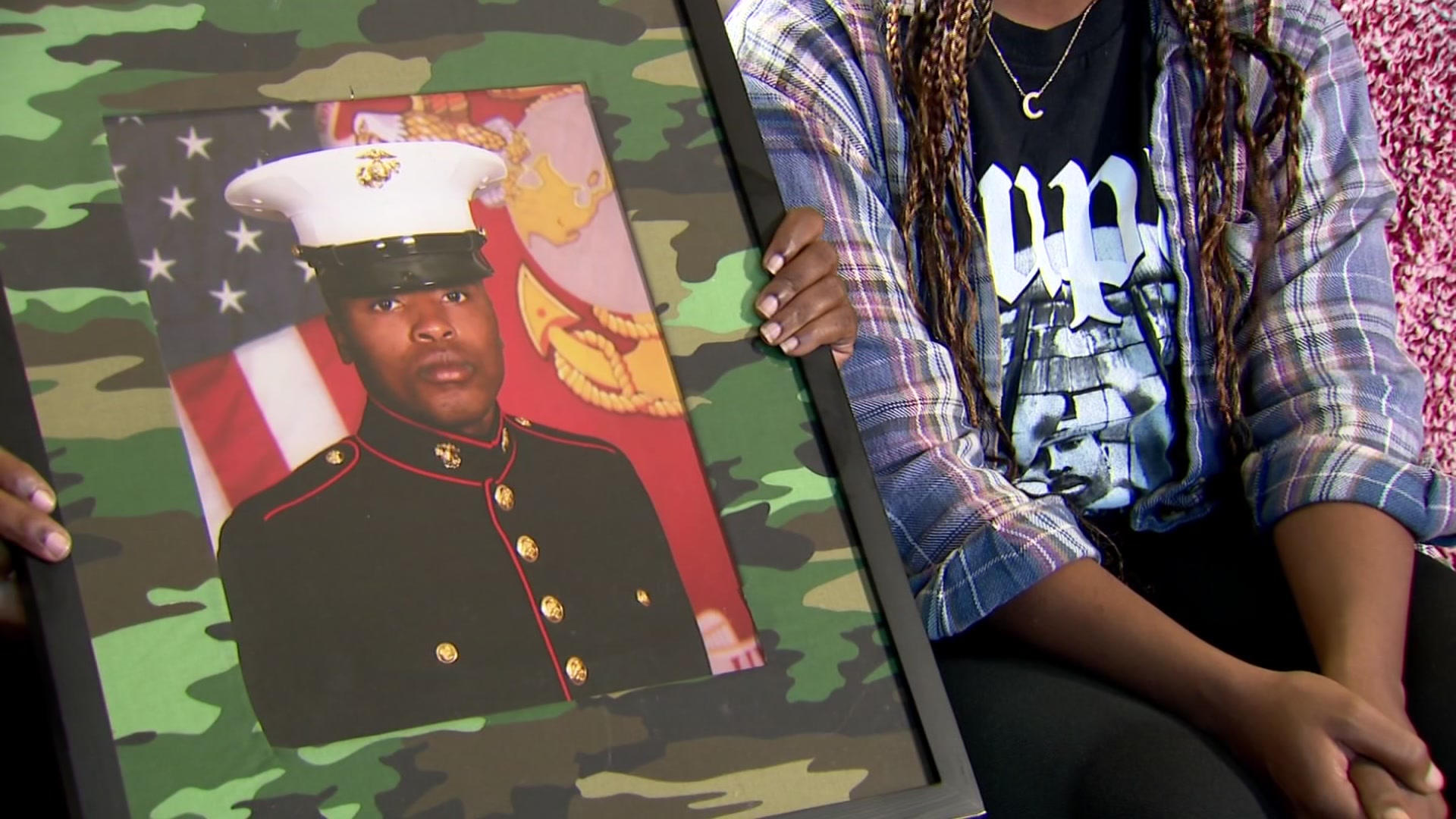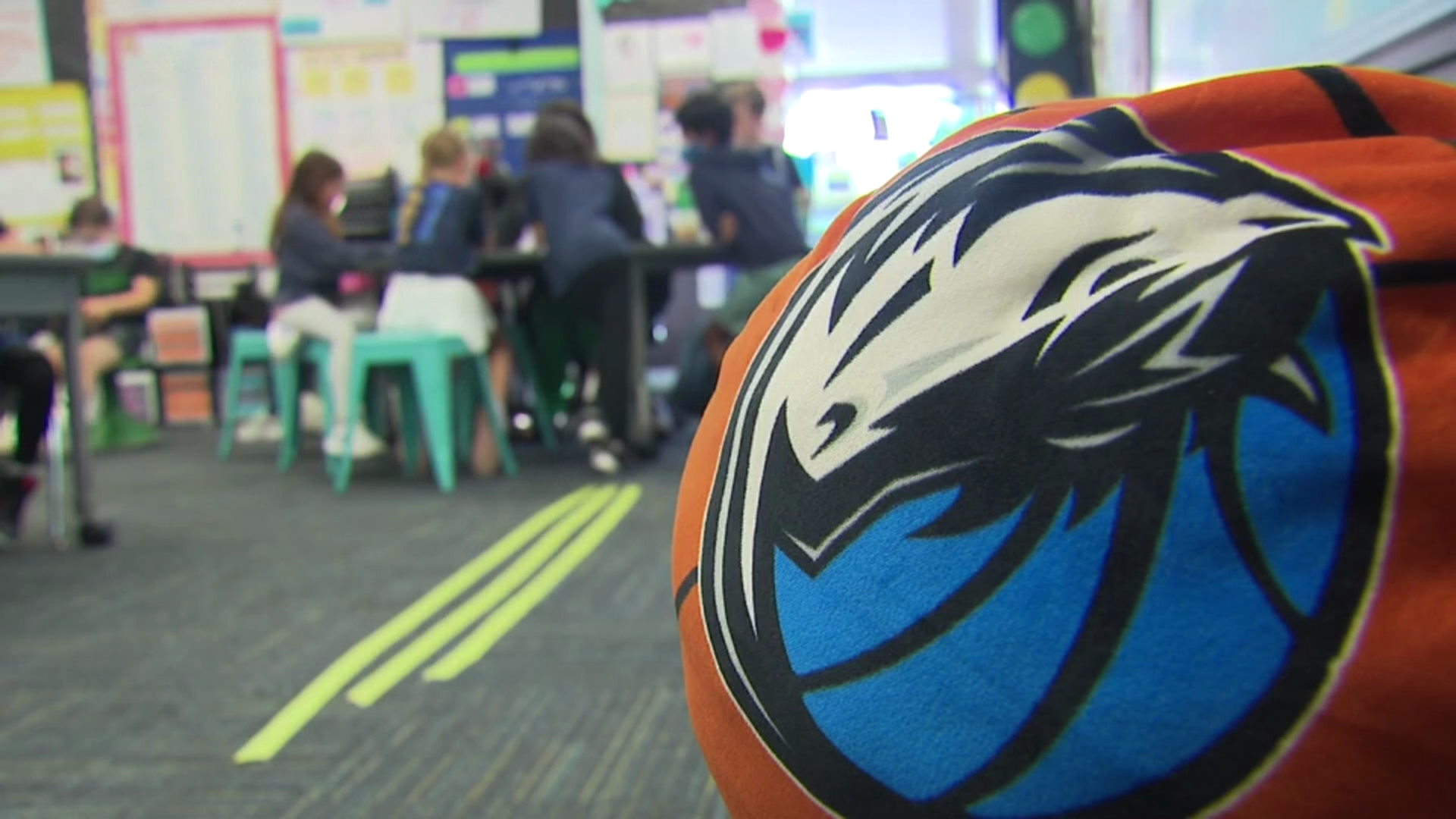Pressure is growing to reopen an abandoned jail building as a facility for homeless people, with 80 homeless camps now counted around Dallas.
The Dawson State Jail on Commerce Street closed three years ago and the state of Texas wants to sell the 1997 structure. The Texas Department of Criminal Justice allowed NBC 5 to visit the building Friday.
It once housed more than 2,000 people. Most of the beds were in dormitory-style day rooms. It still has big freezers and ovens in a kitchen that once prepared hundreds of meals a day. There is space for a large laundry operation. The second floor includes office space and a former medical clinic that could be renovated to provide services for homeless people.
Dallas Mayor Mike Rawlings acknowledged the possibility Friday.
"It's a valuable piece of property, and over the short term I think it's an option that we need to look at. Over the long term, we need to have better ideas than that. But I'm looking at everything," Rawlings said.
Several members of the Dallas Homeless Commission are strongly pushing the Dawson option, including Michael Przekwas. He represents the Cedars neighborhood south of downtown.
"Here's a facility to handle a lot of people and on a temporary basis. As we start closing the 80 encampments around the city, this is a place that the police and crisis intervention can direct people," Przekwas said.
Local
The latest news from around North Texas.
The Cedars is near The Bridge, the city's existing homeless service center on St. Paul Street at Interstate 30, which can't meet demand.
"People go there. They can't get in, so they're dispersed around the neighborhood," Przekwas said.
The Homeless Commission was appointed earlier this year after a large tent city under Interstate 45 was closed.
Przekwas said neighbors are getting impatient because solutions offered from the commission so far have been expensive long range plans that don't solve immediate problems.
"The Homeless Commission is full of people who are protecting their own agenda," Przekwas said. "The community is getting very bitter and very angry with this."
Przekwas and several other members believe the Dawson building could be a faster solution.
"It's there. It's already government owned," Przekwas said.
Officials with The Bridge recently toured the Dawson building. They estimate between $15 million and $20 million would be needed for improvements to re-open it for people who are not being held as prisoners. The Bridge Chief Operating Officer Sam Merten said the lack of windows would make it uncomfortable for some people, and single-room occupancy type housing is preferred for transitional housing over the dormitory-style in most of the building.
Mayor Rawlings was the volunteer Dallas Homeless Czar before running for elected office. He has been seeking solutions to the Dallas homeless problem for a decade. Friday, Rawlings defended the Homeless Commission and the work of social service agencies.
"We need to come together on this. Nobody's making money off homelessness. These folks are trying to do the best thing they can," Rawlings said.
The mayor supports the "housing first" approach that would move homeless people rapidly into permanent housing instead of relying on temporary shelters.
"We have run out of shelter space. There's no question of that. But shelter space is not the long term answer. The long term answer is homes or apartments where people can live. 'Housing First' is the best model. But we do have that short term need of shelter space and that's why we need to keep all the options on the table," Rawlings said.
Impatient neighbors pushing the Dawson building are suggesting the Homeless Commission should be abandoned.
"The community feels, why are the people who caused the problem to get into a crisis now in charge of solving the problem?" Przekwas said.
Before the Dawson debate is settled, Rawlings said city officials are working to close homeless camps, especially one along Haskell Street under an Interstate 30 bridge. That one is near Fair Park, where the State Fair of Texas opens Sept. 30.
"This is not a safe way for people to live. It may seem for some like they're free, but this is unhealthy. People die there. We can't allow that," Rawlings said.



